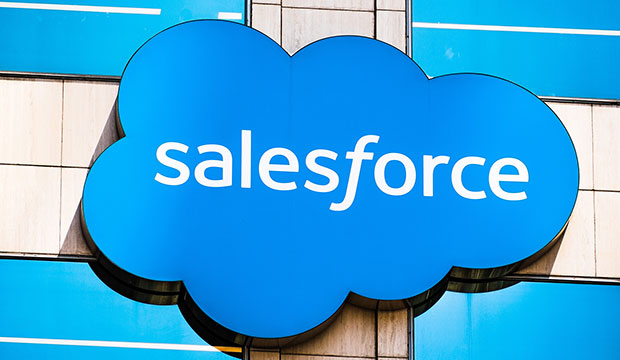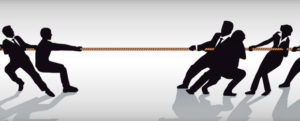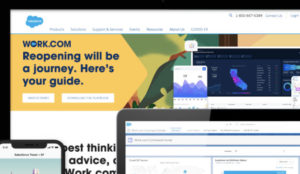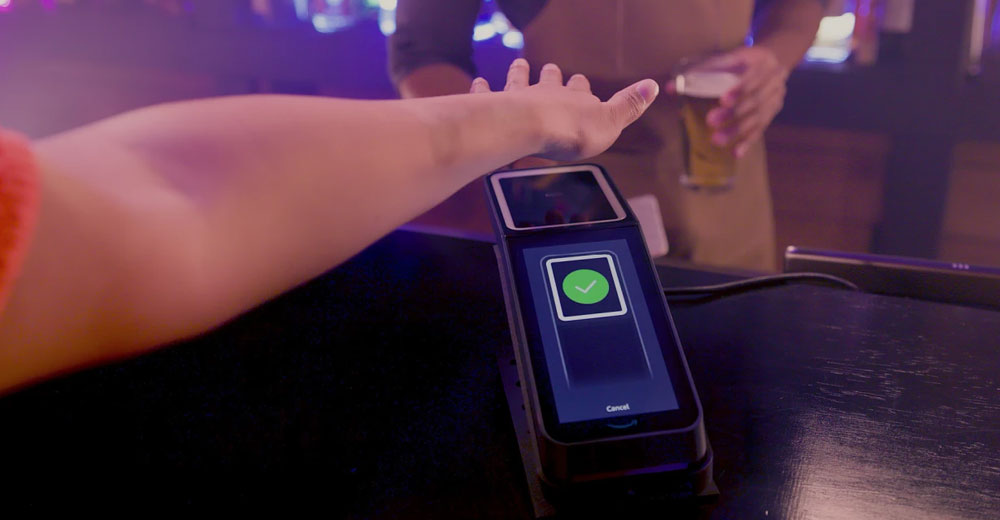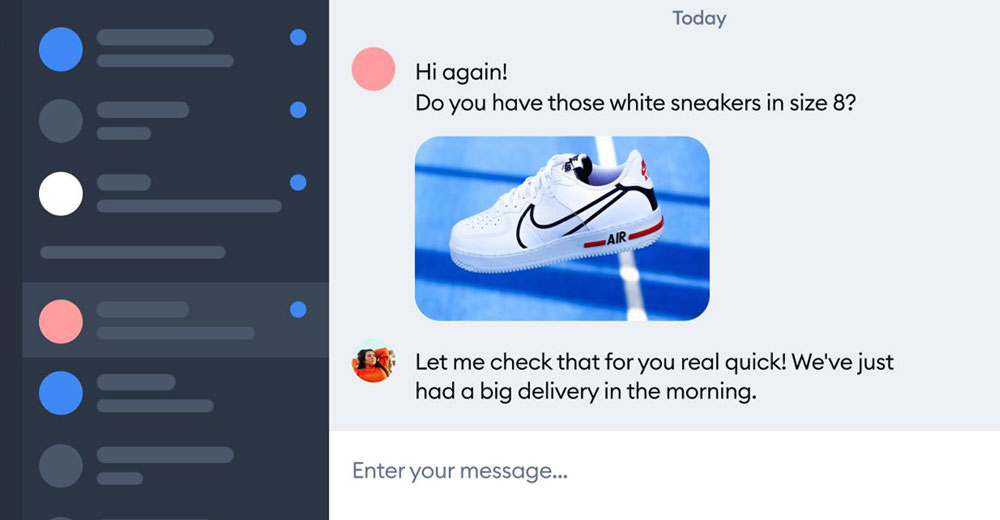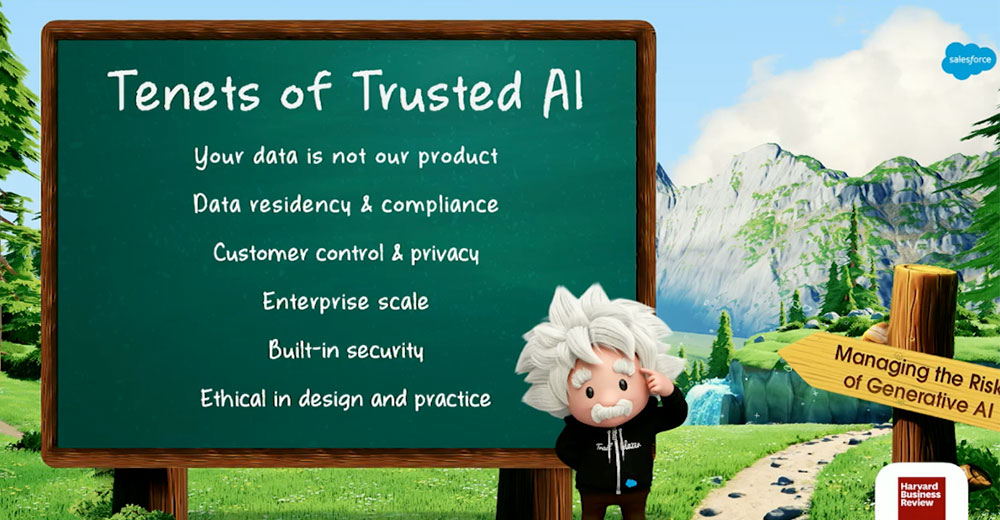When a tech company gets big enough you can predict that some of its brainy and talented members will form a rock band. They’ll play at company events like user meetings and these days this is just playing to form. A culture that moves fast and innovates to cause disruptive innovation is pure rock’n’roll.
To the best of my knowledge, Salesforce doesn’t have a rock band, but it’s a company with tens of thousands of employees, so no promises. To me Salesforce has always had more of a jazz culture. Jazz is harder to pull off in some ways but paradoxically it can be easier too.
The jazz form requires band members to listen to what the others are playing and to respond with something meaningful. Even if they’re playing an old standard, the players are riffing on the original melody. They play chords by the individual note (arpeggio), playing eighth notes at different rhythms (swinging), or skipping notes and letting the ear imply them. They do other things too with time signatures, trading fours (two musicians trading musical ideas in a game of top this) and much more, but the important thing is that the players don’t go into a song knowing exactly how it will go. They have a set of skills and general rules but let the song evolve in the moment.
Adjusting to the Pandemic
Back in Q1 Salesforce threw out its annual plan and did a pretty good imitation of a startup or a jazz band. They developed products like Work.com and Salesforce Anywhere as solutions to the evolving need for systems that would help their customers cope with the pandemic. The products supported both working remotely and safeguarding the premises when people returned.
That was all before it sunk in that we were in for a long slog of Zoom meetings and home schooling and we began to openly speculate about the next normal. We don’t know what that will be — it could just revert to the status quo or it could riff on working at home or anywhere else. But what’s certain is that few software companies right now have a suite of functionality that’s ready to support the shift.
To be sure though Salesforce has a lead in its pandemic offerings and its jazz culture should help ensure that the company keeps innovating. So rumors about Salesforce acquiring Slack made sense, no surprise.
Slack is a software messaging service for business, and it enables remote communication that can substitute for something more direct. Like aspects of more popular social products, there is an element of socialization involved that gives users the ability to reach out to some groups but at the same time it keeps the thread as private as you can keep something that’s also shared.
Other vendors are likely also in the hunt for Slack and acquiring it would be good for all of them both because it could enhance their remote work strategies — and because whoever acquires Slack will prevent others from having it.
Does Salesforce Need Slack? Maybe.
Salesforce has a powerful development platform and with MuleSoft it could integrate with an old shoe if it wanted to. So there’s always the in-house development effort to consider but that takes time and markets are on the move. There could be other strategies too, for instance the aforementioned game of keep away.
If COVID dries up and blows away (cheery thought) and we all go back to the office, Slack would still be useful because salespeople are supposed to never be in the building if they can help it and a Slack capability would support that.
More likely though we’re not going to force employees to come back to the office if it means once again taking to the decrepit roads and mass transit of the pre-COVID era. For people working for companies located in big cities that can easily mean shaving down two-hour daily commutes to the minutes it takes to walk to dining room. It would also likely mean a whole lot less carbon dioxide in the air and that could be more important.
Way back at the start of the pandemic scientists noted how much cleaner the air was over perennially smoggy areas like LA and New York. We’re getting a new administration in Washington that thinks climate change is real too. Green New Dealers have lots of ideas about alternative energy and driving electric cars, and as one who has written a book encompassing such ideas, I can say they have appeal. But those ideas fundamentally just try to improve an out-of-date paradigm that’s really in need of replacement. There’s even more to be said for the fuel that isn’t burned, the miles not driven, flights not taken, and roads and bridges not built.
Prognosticators are saying that a Salesforce-Slack alliance could be very good for doing business, but that leaves me with the impression of going back to business-as-usual ante-COVID. They are right too but even more; the union could be seen in retrospect as an early step in working smarter and supporting the environment. The economic impacts implied by the next normal go way beyond the paltry $21 billion to $23 billion now bandied about.
This makes the deal practically a no-brainer — and it makes the whole scenario more Brubeck or Basie than Beatles.

